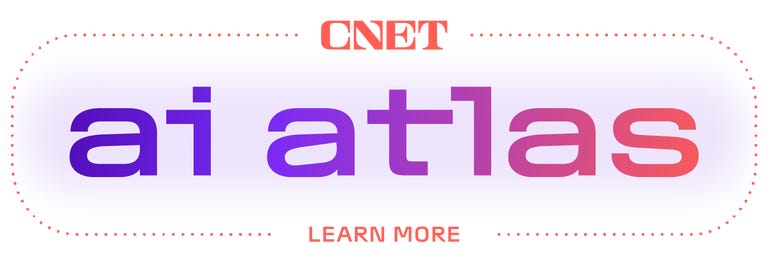OpenAI Just Announced a Search Engine, SearchGPT, But There’s a Catch



You might already think of ChatGPT, the AI-powered chatbot, as a search engine — after all, you can type in queries similar to those you would use in Google or Bing. But now, OpenAI, the company behind ChatGPT, has announced that it’s testing a prototype of its own search engine, called SearchGPT.
“It can be difficult to find answers on the Internet, and it often takes multiple attempts to get relevant results,” the company said said in a message on Thursday“We believe that by enhancing the conversational capabilities of our models with real-time information from the web, you can find what you’re looking for faster and easier.”
Read more: Microsoft joins Google with generative search, but this time with a twist

AI chatbots draw on vast amounts of training data from various sources, including the internet. But often there is a cut-off date that is months in the past. For example, the free version of ChatGPT lacks knowledge of current events and other up-to-date information.
That’s clearly something OpenAI is trying to address. “SearchGPT will respond quickly and directly to your queries with up-to-date information from the web, while providing you with clear links to relevant resources,” the company said in its statement Thursday, adding that users will be able to ask follow-up questions to their queries for richer information.
Meanwhile, there’s Google, the kingpin of search, which accounts for some 90% of internet search activity — and which has its own AI chatbot, Gemini. In May, Google began supplementing standard search results with what it calls AI Overviews, Gemini-powered summaries that appear above the standard set of links. AI Overviews initially produced some embarrassing results, but Google quickly recovered and its search pages now regularly show AI Overviews.
Microsoft on Wednesday unveiled its own approach to combining AI and search, called Bing Generative SearchAccording to Microsoft, it is only available for “a small percentage of user requests” for now.
As for OpenAI’s SearchGPT, you can’t try it out yet – you’ll sign up for the product waiting listwhich the company eventually expects to integrate into ChatGPT.

OpenAI would do well to tread carefully as it enters the search world. An AI search engine, Perplexity, recently came under fire for allegedly stealing content from publications like Wired and Forbes. Perplexity’s CEO told the Associated Press that the company “never stole anyone’s contentand a company representative told CNET in June that Perplexity is developing a revenue-sharing program for media companies.
OpenAI has already been hit with legal action over the training data it provides to ChatGPT. The New York Times filed a lawsuit against the AI startup and Microsoft in December, alleging that they “use The Times’ content without payment to build products that replace The Times and steal its audience.” OpenAI has said the lawsuit is “without merit.”
In its statement about its new search effort, OpenAI said the company is working with publishers and creators, and that the search engine will prominently cite and link to news sources. It also quotes Atlantic CEO Nicholas Thompson as saying that his publication looks forward to partnering with OpenAI’s search efforts.




